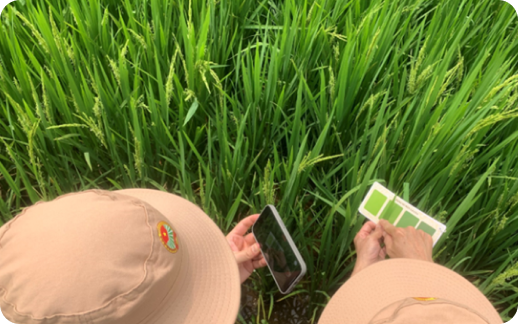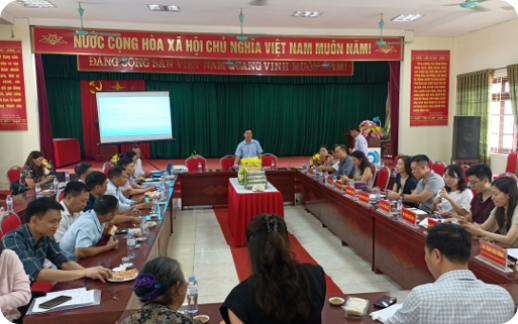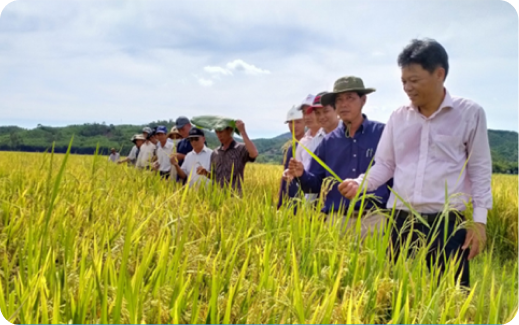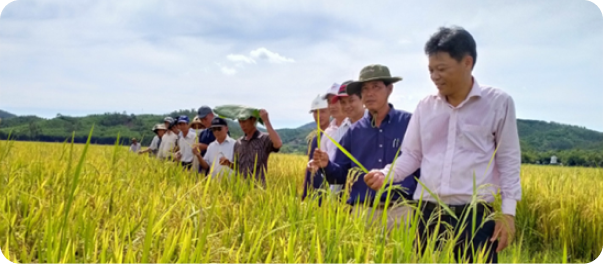Background
Rice cultivation fuels a major part of Vietnam’s national economy. With the Mekong Delta standing at the heart of the country’s rice production, generous harvests of rice from this region have propelled Vietnam to become the world’s second-largest exporter of the grain.
While an economic driver and crucial to food security, rice cultivation also comes with environmental costs. The scale of the issue is huge, with more than 60% of the country’s contaminated groundwater a result of excessive pesticide and fertiliser use in agricultural production. Rice cultivation is also a significant contributor to Vietnam’s agricultural greenhouse gas emissions, particularly methane, which is emitted from flooded rice paddies.
Given the importance of rice to the country’s economy and sustainable development, the green transformation of rice cultivation is crucial to Vietnam’s net-zero by 2050 roadmap. Sustainable and climate-friendly farming practices will not only support the value of the nation’s rice industry, but will also be critical to the global response to climate change. There are numerous local-level benefits to be had as well, from improving incomes in the farming community to enhanced operational efficiency.
This project, in partnership with Vietnam Farmers’ Union (VNFU), builds on the foundation laid out by the steady adoption of select techniques derived from the System of Rice Intensification. A farming method aimed at achieving sustainable rice cultivation which has been promoted in over 50 countries and regions worldwide. Since 2013, it has been adopted in 23 provinces within Vietnam. To widen the scope and scale of adoption, technical training was provided to Vietnamese rice farmers.




